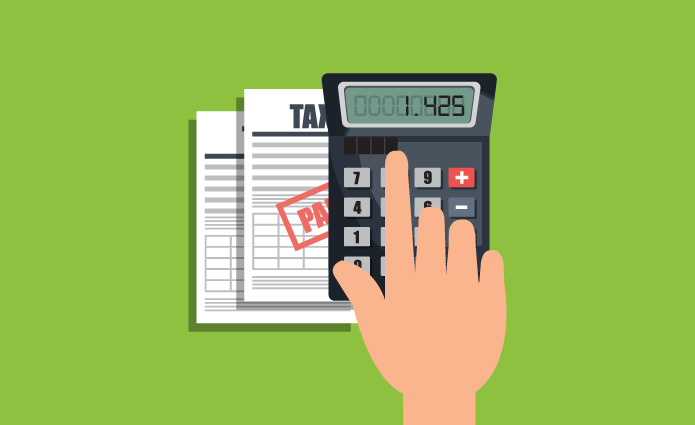
Limited Company Tax for Small Businesses
Limited Company Tax for Small Businesses
When starting a small business, one of the most important decisions you will make is choosing the business structure. A popular option for many small businesses is a limited company, which provides a range of benefits such as limited liability protection and access to funding. However, like all businesses, limited companies are subject to tax, and it’s important to understand the tax requirements to ensure compliance and avoid penalties.
One of the primary taxes limited companies need to pay is corporation tax. This is a tax on the profits of the company and must be paid to HM Revenue and Customs (HMRC) within nine months and one day of the end of the company’s accounting period. The accounting period is usually the same as the financial year, which runs from 1st April to 31st March.
The current corporation tax rate for small companies is 19%. This rate is applicable to companies with an annual profit of up to £50,000. For companies with profits between £50,000 and £250,000, there is a marginal relief available, which gradually reduces the tax rate. For companies with profits over £250,000, the standard corporation tax rate of 19% applies.
It’s important to keep accurate records of all income and expenses to ensure the correct amount of corporation tax is paid. Failure to do so could result in penalties and interest charges.
Limited companies are also required to register for Value Added Tax (VAT) if their annual turnover is over £85,000. VAT is a tax on the value added to goods and services by a business, and it’s charged to customers who are not VAT registered. The standard rate of VAT is currently 20%, but some goods and services are subject to a reduced rate of 5% or 0%.
Once registered for VAT, the company must charge VAT on all taxable goods and services, and then pay this to HMRC on a quarterly basis. The company can claim back any VAT paid on business expenses, such as equipment, rent, and supplies.
In addition to corporation tax and VAT, limited companies are also subject to other taxes, such as employer’s National Insurance contributions and business rates. Business owners should familiarize themselves with all tax obligations to ensure they are meeting their legal obligations and avoiding any penalties.
In conclusion, small business owners operating as a limited company must be aware of their tax obligations. Understanding corporation tax, VAT, and other taxes is essential to ensure compliance and avoid penalties. It’s always advisable to seek professional advice to ensure all tax requirements are met and that the business is operating in a tax-efficient manner.